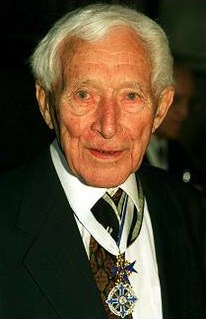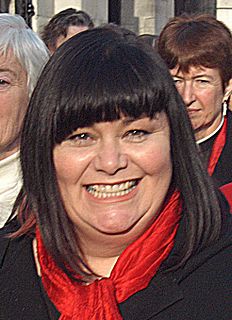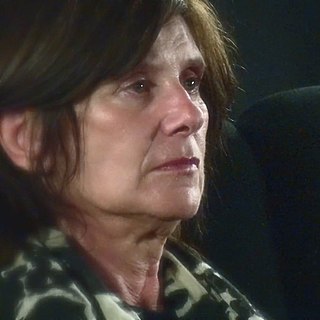A Quote by Philippa Gregory
Although some people think I am a romantic novelist I have always thought of myself as a rather gritty radical historian.
Related Quotes
Yes, I think I use the term radical rather loosely, just for emphasis. If you describe yourself as atheist some people will say, Don't you mean agnostic? I have to reply that I really do mean atheist, I really do not believe that there is a god; in fact, I am convinced that there is not a god (a subtle difference). I see not a shred of evidence to suggest that there is one...etc., etc. It's easier to say that I am a radical atheist, just to signal that I really mean it, have thought about it a great deal and that it's an opinion I hold seriously.
Because You have called me here not to wear a label by which I can recognize myself and place myself in some kind of a category. You do not want me to be thinking about what I am, but about what You are. Or rather, You do not even want me to be thinking about anything much: for You would raise me above the level of thought. And if I am always trying to figure out what I am and where I am and why I am, how will that work be done?
The only excuse for a novelist, aside from the entertainment and vicarious living his books give the people who read them, is as a sort of second-class historian of the age he lives in. The "reality" he missed by writing about imaginary people, he gains by being able to build a reality more nearly out of his own factual experience than a plain historian or biographer can.







































